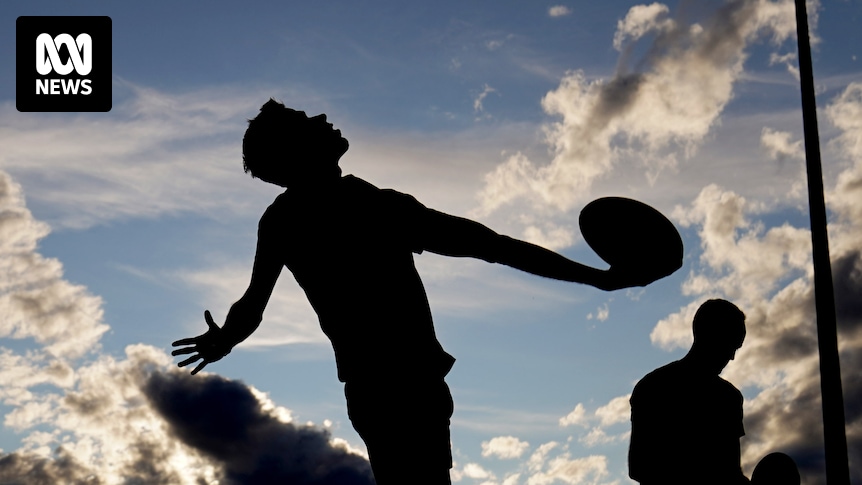
As football teams across Victoria gear up for the finals season, a different kind of preparation is underway in the state’s domestic violence support services. These organizations are bracing for an anticipated increase in calls for help as individuals fleeing family violence, including domestic abuse, seek support during this period.
The AFL grand final has traditionally coincided with a spike in violence rates, according to Respect Victoria. In 2023, Berry Street, a family violence support service in western Victoria, reported a 30 to 40 percent increase in calls for help during this time.
Impact of Sporting Events on Domestic Violence
Berry Street’s family violence senior manager, Mandy Gambino, noted that an increase in calls was also observed during local football finals. “Male-dominated sporting events, particularly where people choose to consume excessive rates of alcohol or [be involved in] gambling, can often result in higher choices to use violence,” she explained. “This results in increased requests to services for assistance.”
Similarly, Kasi Burge, strategic projects advisor at the Wangaratta-based Centre Against Violence, reported an uptick in demand across the Ovens and Murray region during football finals. “We see similar things here, particularly in regional and rural Victoria, where sporting grand finals take over the whole community,” she said. “It’s a huge event in these towns.”
To address this, Burge’s service often pre-books accommodation on grand final weekends to ensure there is a safe place for individuals to stay during a time when there is an influx of visitors into town.
The Role of Football Clubs in Prevention
The Sexual Assault and Family Violence Centre, operating across the Barwon South West region, emphasizes the role football clubs can play in preventing violence. Chief executive Kerriann Campbell-Jones described football clubs as a “cultural engine for Australia” and stressed their responsibility in promoting respect and inclusion. “It’s where [footy clubs] have a lot of influence. They could be helping us to role model what respect looks like,” she stated.
Encouragingly, there is a growing appetite among clubs to engage in preventative education programs like Respect Starts Here. The Portarlington Football Netball Club on the Bellarine Peninsula is one such club that has participated in the program. Kelly Pickard, the club’s head of wellbeing, highlighted efforts to educate key members about club culture concerning equality and female representation.
Further inland, Women’s Health Grampians chief executive Jennie Courtney commended the Wimmera Football Netball League for its public commitment to a zero-tolerance approach to any form of disrespectful or inappropriate behavior during the finals season. The organization has worked with league clubs to implement bystander training, empowering individuals to speak up against “those smaller acts of violence, whether that be name-calling or jokes.”
Funding and Future Steps
Earlier this year, the Victorian government cut funding for the Preventing Violence Through Sport Grants Program, a decision criticized by female footballers. The program supported Victorian community sport and recreation groups in addressing gender-based violence, including family violence.
The Centre for Sexual Assault and Family Violence Centre received $207,000 through the program from 2022 to June 2025. Campbell-Jones emphasized the need for stable, ongoing government funding for prevention efforts, noting that reliance on short-term funding undermines the ability to plan, scale, and embed lasting prevention strategies.
“While these have enabled high-quality, evidence-informed programs, the reliance on short-term funding undermines our capacity to plan, scale and embed lasting prevention strategies,”
she said.
A Victorian government spokesperson highlighted that the state has spent over $4 billion on family violence response and prevention since 2016, implementing all 227 recommendations from the Royal Commission into Family Violence. On a national level, the federal government’s Department of Social Services has invested $4 billion into frontline services under the National Plan to End Violence against Women and Children 2022-2032.
As football grand finals approach, the focus remains on ensuring that support services are prepared for the anticipated surge in demand, while also advocating for systemic changes that can help prevent violence in the long term.







